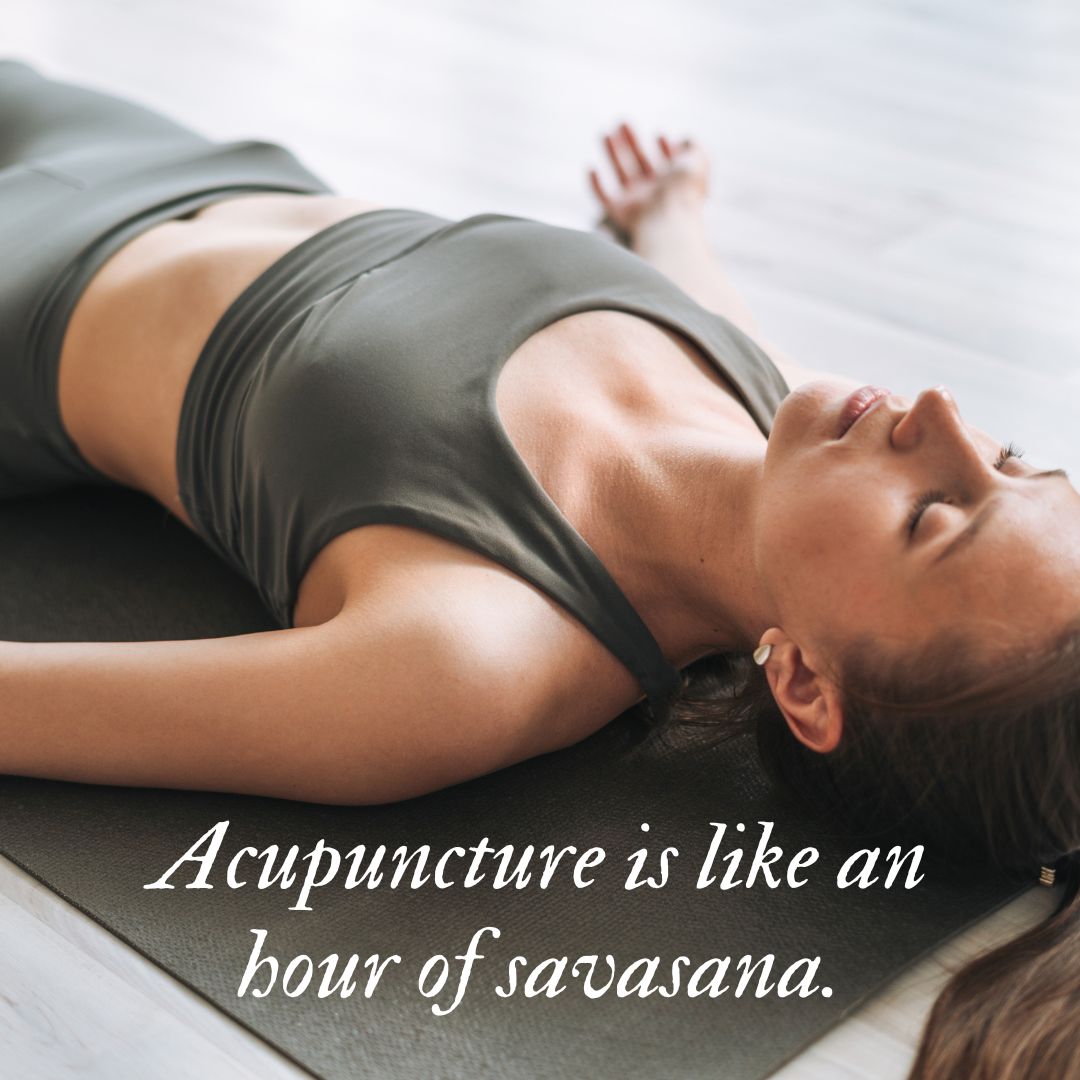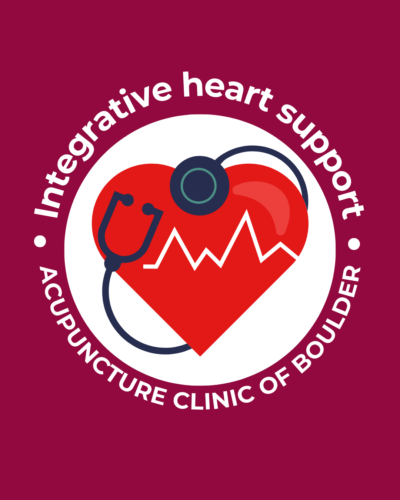‘Tis the holiday season, a time when families and friends come together to revel in joy and camaraderie through festive activities and games. However, for many, this season can also mean less free time. Whether it’s a bustling social calendar leading to reduced exercise and occasional overindulgence in food and drink or looming year-end deadlines creating a sense of urgency and stress, some individuals find this period hectic. As time management becomes more challenging, self-care is often the first thing to go. In reality, modulating stress and finding time for ourselves allows us to be more present and makes everything else more fun. Heading into 2024, scheduling regular exercise, acupuncture, massage, and other relaxing activities will keep you healthy and help you start the new year off strong. Being consistent in your positive health choices will encourage a steady, peaceful mood, regulated sleep, and a strong body.

Both acupuncture and yoga share a common goal of seeking regulation and balance. While we may not always change our environment and daily stressors, we can make choices that influence our response or reaction to the situation. Savasana, also known as Corpse Pose, is a yoga asana involving lying on your back in a relaxed and comfortable position, typically practiced at the end of a yoga session. It is primarily a relaxation and meditation pose, Savasana allows the body and mind to release tension, promoting a state of mental calmness. It is often considered a time for integration and reflection after the physical aspects of yoga practice. Many yogis who use acupuncture as part of their self-care equate acupuncture treatments with the yoga post savasana.
Acupuncture has gained recognition for its potential in alleviating stress by promoting relaxation and reducing anxiety. It stimulates the release of endorphins, the body’s natural feel-good hormones, inducing a sense of well-being and calmness. Moreover, acupuncture may regulate the autonomic nervous system, balancing the sympathetic (fight-or-flight) and parasympathetic (rest and digest) responses, crucial in stress management. By enhancing blood circulation and reducing muscle tension, acupuncture contributes to an overall sense of relaxation and relief from stress-related symptoms. Many individuals report improved sleep quality and a better ability to cope with stress after incorporating acupuncture into their wellness routines.
Acupuncture has also shown promise in contributing to cardiovascular health through various mechanisms. Studies suggest that acupuncture positively impacts cardiovascular function by influencing autonomic nervous system activity. Research conducted by Li et al. (2015) demonstrated that acupuncture may modulate the sympathetic and parasympathetic balance, leading to improved heart rate variability and overall cardiovascular stability. Additionally, acupuncture has been associated with the reduction of inflammation, a factor implicated in cardiovascular diseases. A study by Yang et al. (2018) highlighted the anti-inflammatory effects of acupuncture, suggesting its potential in mitigating cardiovascular risk factors. Furthermore, acupuncture may contribute to the regulation of blood pressure. A systematic review and meta-analysis by Lee et al. (2013) suggested that acupuncture could be a complementary approach in managing hypertension. These findings collectively underscore the potential of acupuncture as a non-pharmacological intervention in promoting cardiovascular well-being.
Acupuncture is known to stimulate the release of endorphins, the body’s natural painkillers and mood regulators. The activation of endorphins contributes to stress reduction by promoting a sense of well-being and alleviating pain.
Practicing yoga and incorporating acupuncture into one’s wellness routine offer a synergistic approach to promoting physical and mental well-being. First, yoga provides a holistic workout that enhances flexibility, strength, and balance while fostering mindfulness through breath awareness. It is an effective tool for stress reduction, helping individuals manage the demands of daily life. Acupuncture, on the other hand, complements yoga by addressing specific points on the body with thin needles, stimulating the release of endorphins and promoting relaxation. Together, these practices create a powerful combination that not only enhances physical health but also contributes to mental clarity, emotional balance, and an overall sense of harmony and vitality. Integrating both yoga and acupuncture into one’s routine can foster a comprehensive approach to wellness, addressing both the physical and energetic aspects of health.

Resources:
- Modulation of the Autonomic Nervous System (ANS): “Journal of Acupuncture and Meridian Studies” in 2020 (Yang et al.).
- Endorphin Release and Pain Modulation: “Experimental Biology and Medicine” in 2003 (Zhang et al.), emphasizing the role of endorphins in the stress-relieving effects of acupuncture.
- HPA Axis Modulation: “Journal of Clinical Medicine” in 2020 (Xu et al.)
4. https://www.ekhartyoga.com/articles/practice/why-savasana-is-so-important
Why Savasana is so important
5. https://www.yogajournal.com/poses/corpse-pose/
Written with assistance from ChatGPT



